|
There's been a rise globally in suspicion about the potential harm done by vaccines. Many blame social media for this rise, and it's tempting to think that such beliefs are relatively modern, dating back to the now-discredited work of Andrew Wakefield in the 1990s which tried to link the MMR vaccine to autism in children. But fear of vaccines is far from new – and new forms of media have fanned the flames before, according to Sally Frampton. When smallpox vaccination began in the late 18th century, it was commonly believed that it could cause cow horns to sprout from children.
Also today:
|
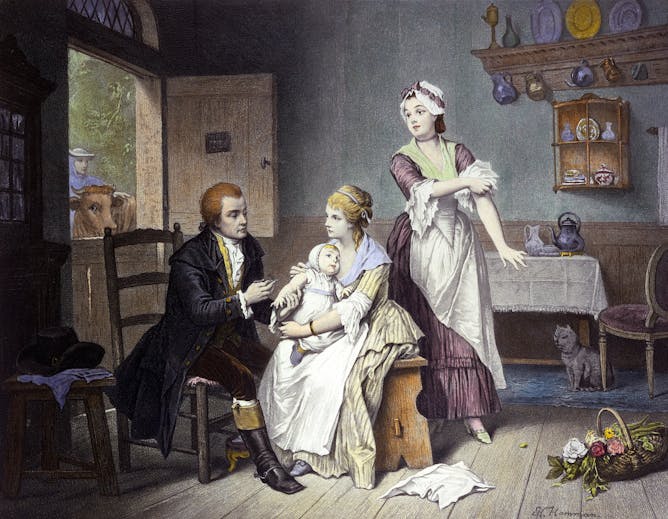
© Wellcome Collection
Sally Frampton, University of Oxford
Anti-vaccinators today echo 200-year-old debates.
|
Health + Medicine
|

Marc-Antoine De La Vega, Université Laval
Scientists are pursuing several different avenues to develop a vaccine for the novel coronavirus, but the process could take years.
| |

David Moyes, King's College London; Victoria Carr, King's College London
Knowing what genes cause antibiotic resistance -- and where they are in the body -- is critical for preventing further antibiotic resistance.
|
|
|
Arts, Culture and Society
|
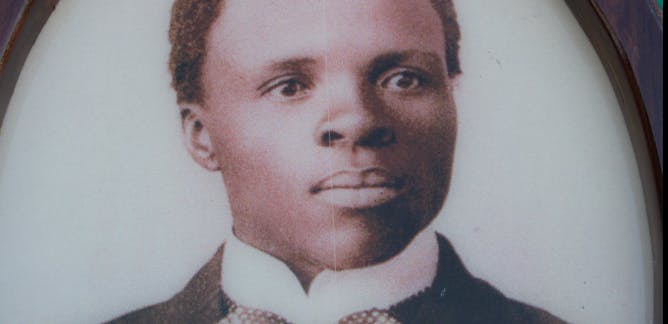
Chris Thurman, University of the Witwatersrand
The life and work of seminal South African writer, intellectual and politician Sol Plaatje seems more relevant than ever. We look into some of the latest scholarly inquiry.
| |

Nick Chater, Warwick Business School, University of Warwick
Rules help to shape society – but always question why they're there and who they serve.
|
|
|
En Français
|
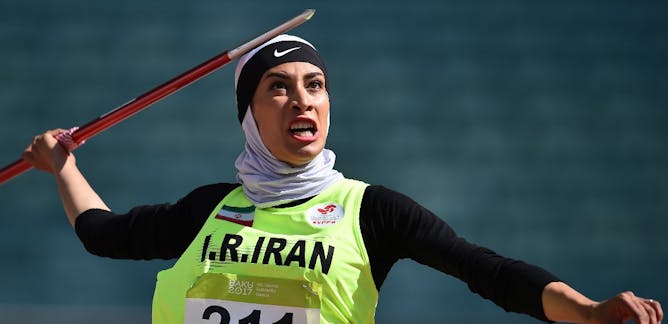
Caroline Azad, Université Libre de Bruxelles
Le combat des sportives iraniennes pour leur droit à participer aux compétitions de leur choix et dans la tenue de leur choix s’inscrit dans un mouvement d’émancipation plus large.
| |
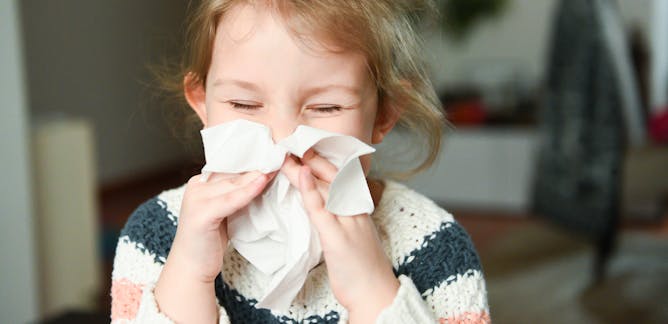
Anne Goffard, Université de Lille
Enfant, on est souvent enrhumé, parce que notre système immunitaire n’a pas rencontré assez de virus pour apprendre à s’en défendre. Mais on peut aussi s’enrhumer adulte au contact d’un nouveau virus.
|
|
|
En español
|
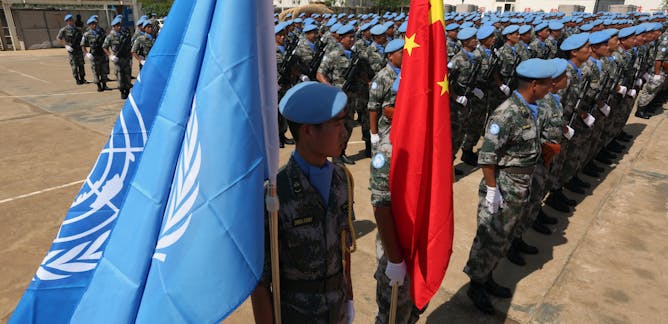
Steven C Y Kuo, University of Pretoria
El modelo chino de paz difiere sustancialmente del que persiguen los países occidentales.
| |

José Luis Sánchez Hernández, Universidad de Salamanca
Los huertos urbanos, grupos de consumo y mercados de trueque son algunas iniciativas ciudadanas que cuestionan el orden capitalista y que denominamos prácticas económicas alternativas.
|
|
|